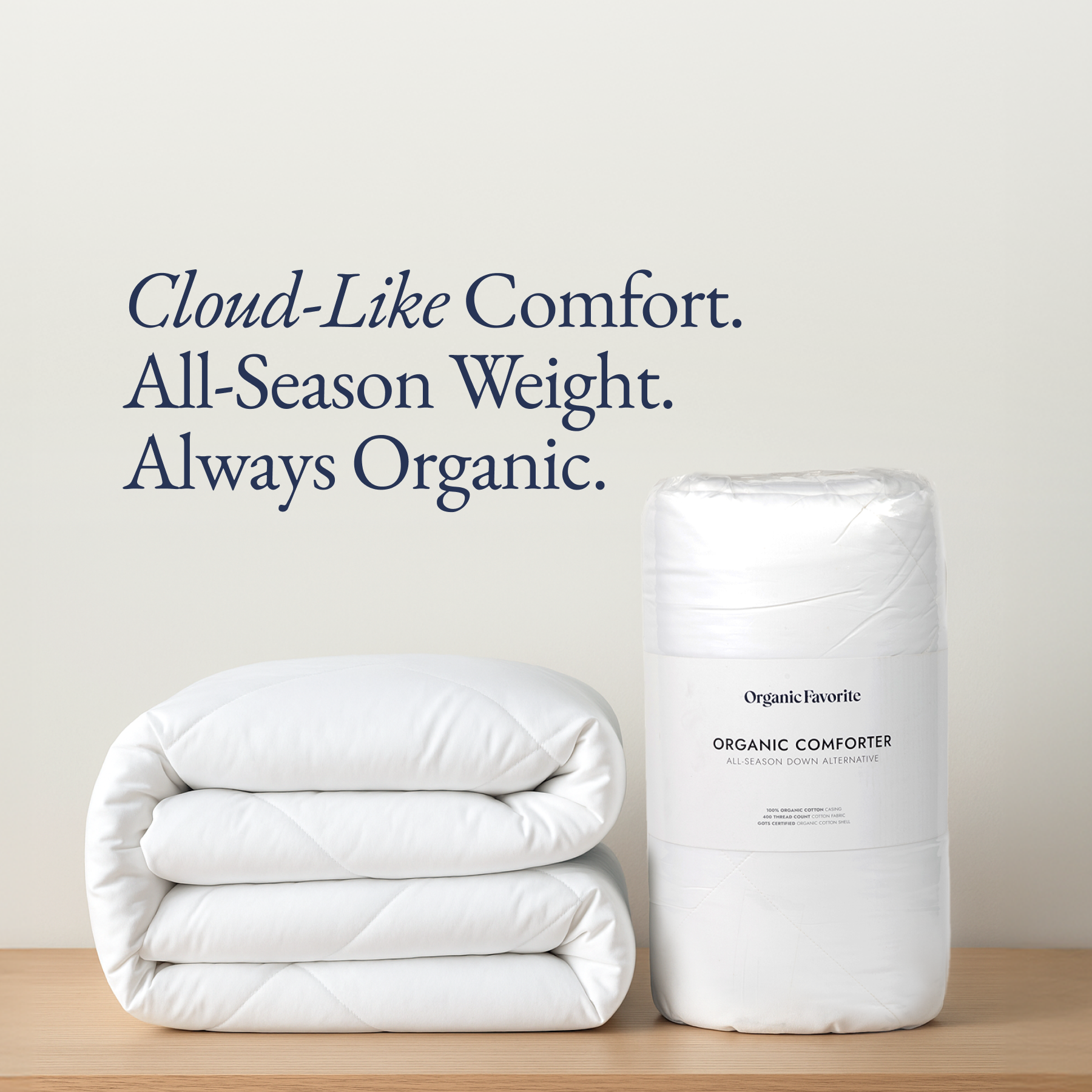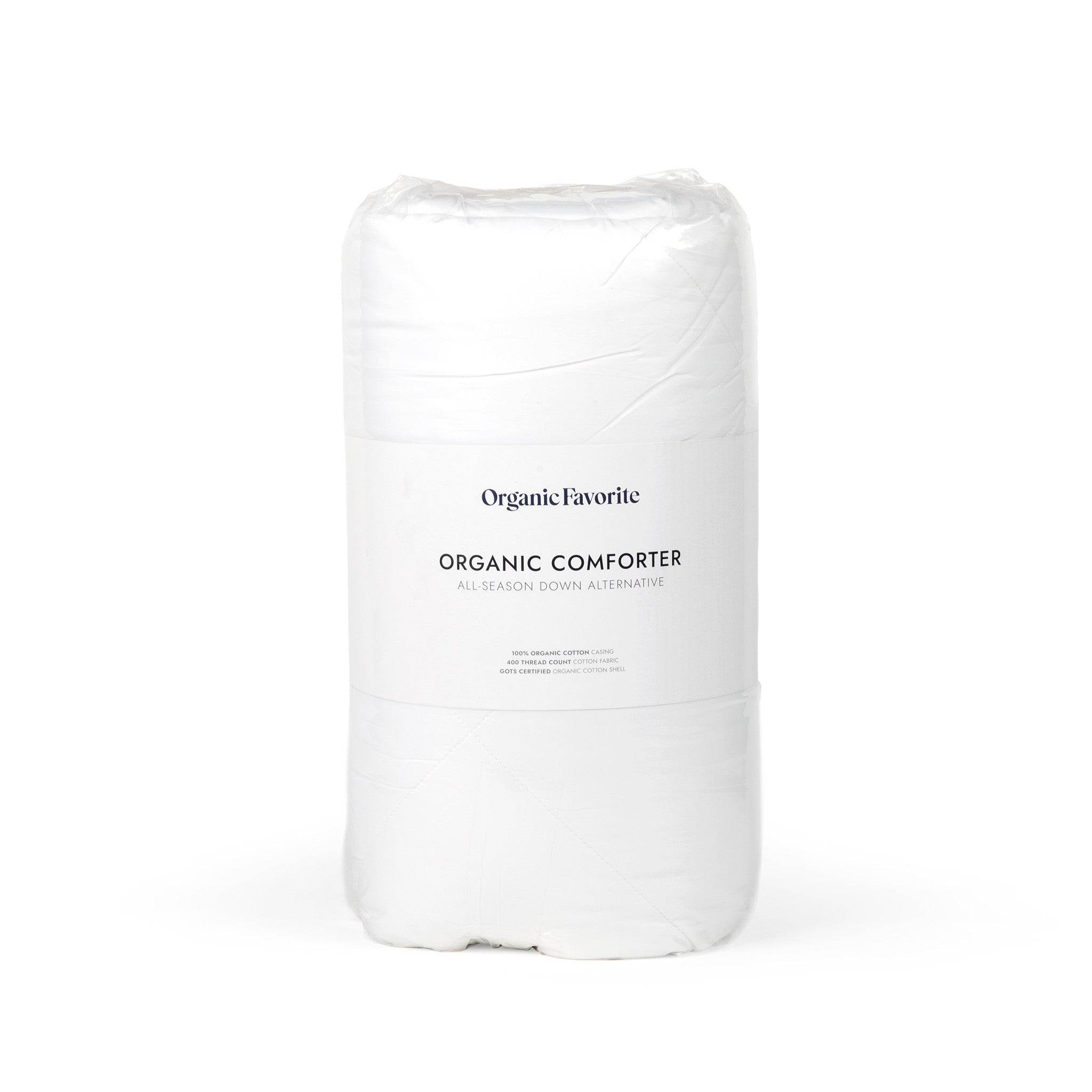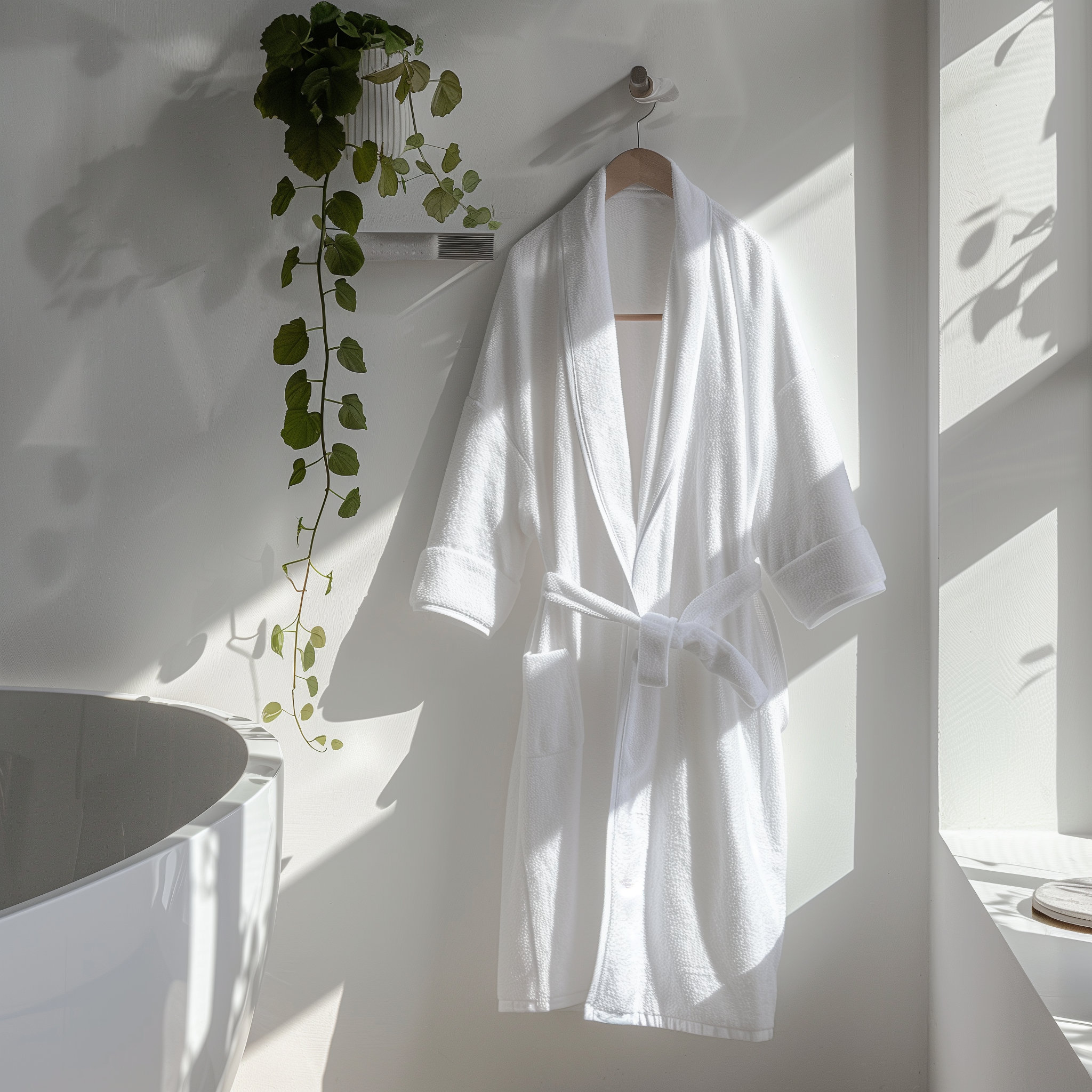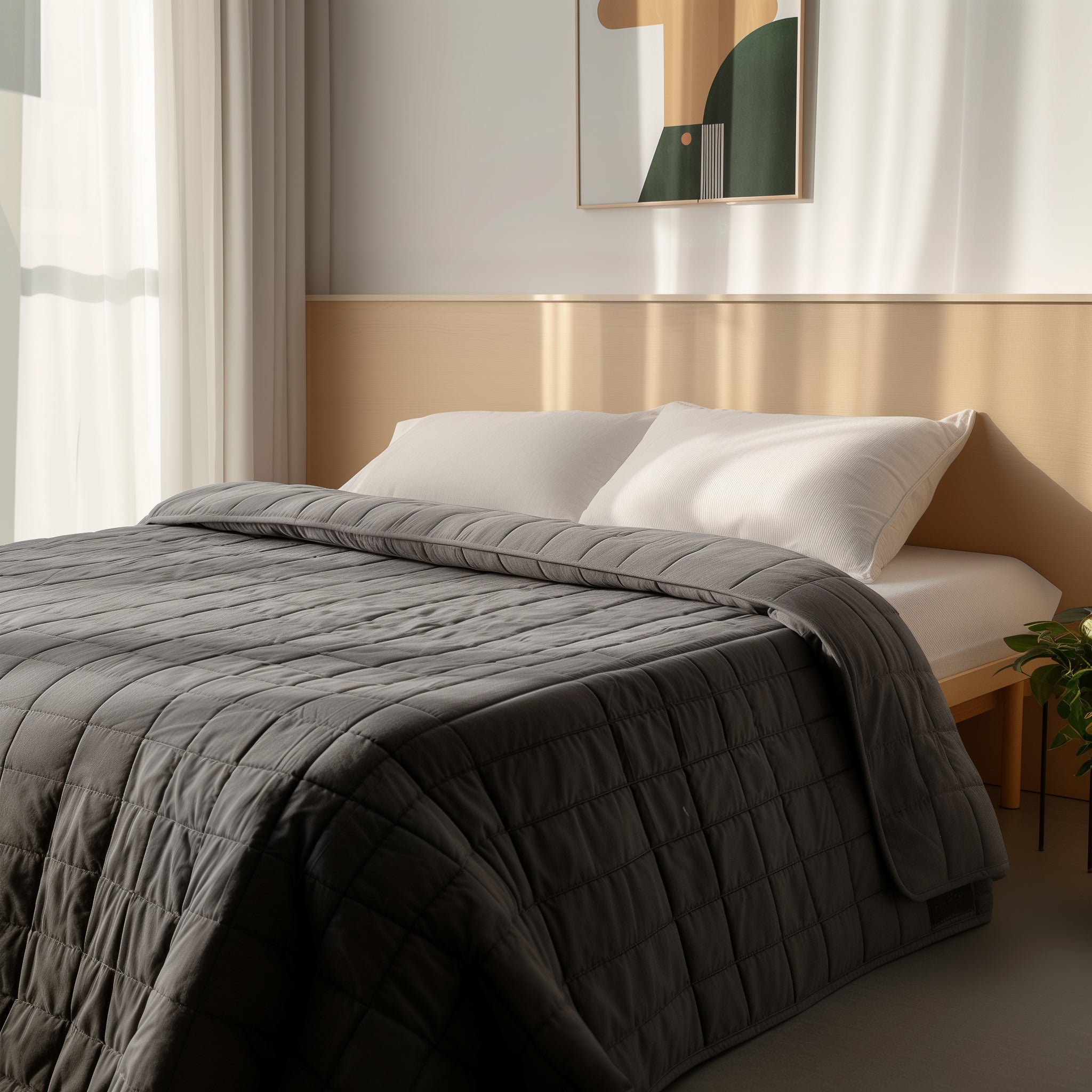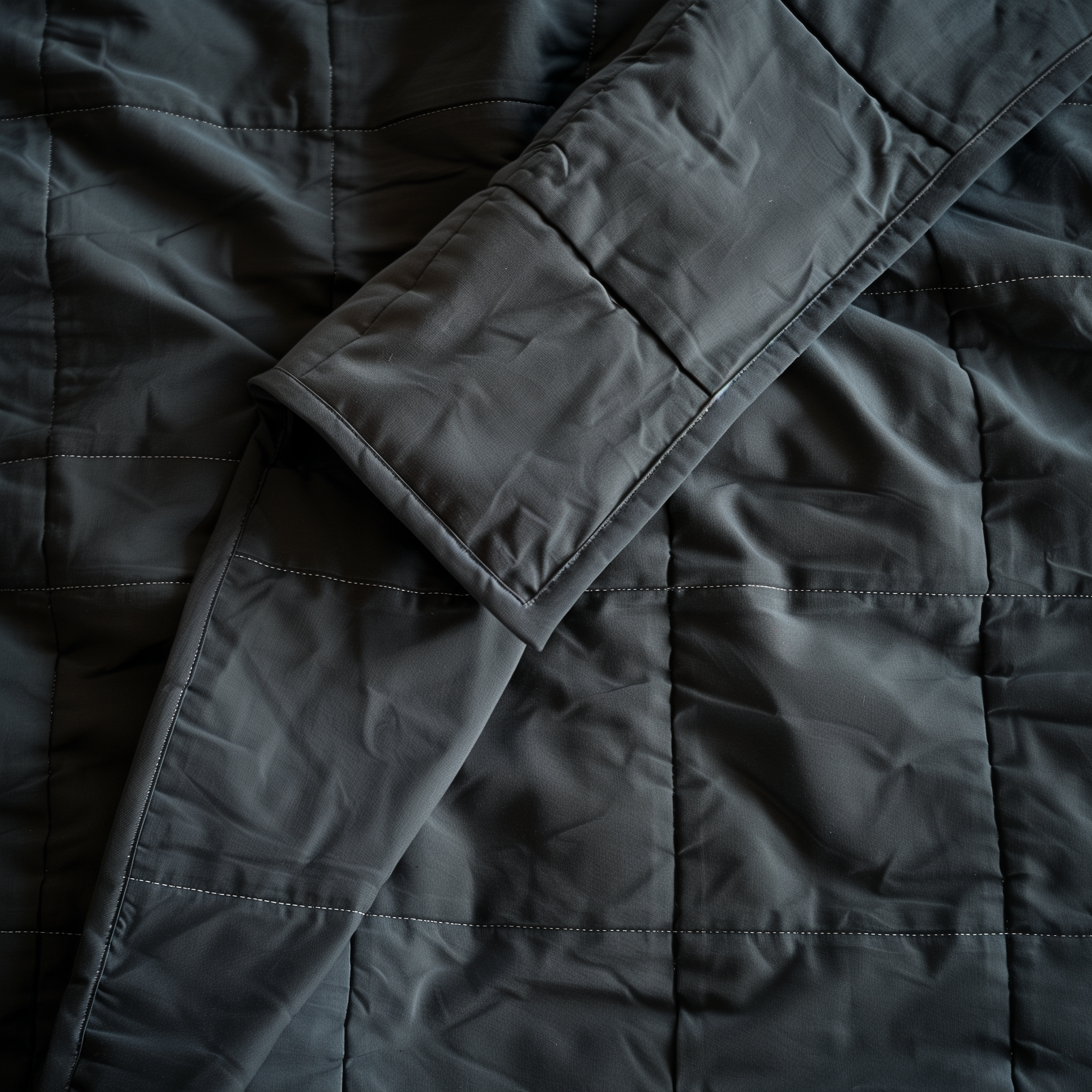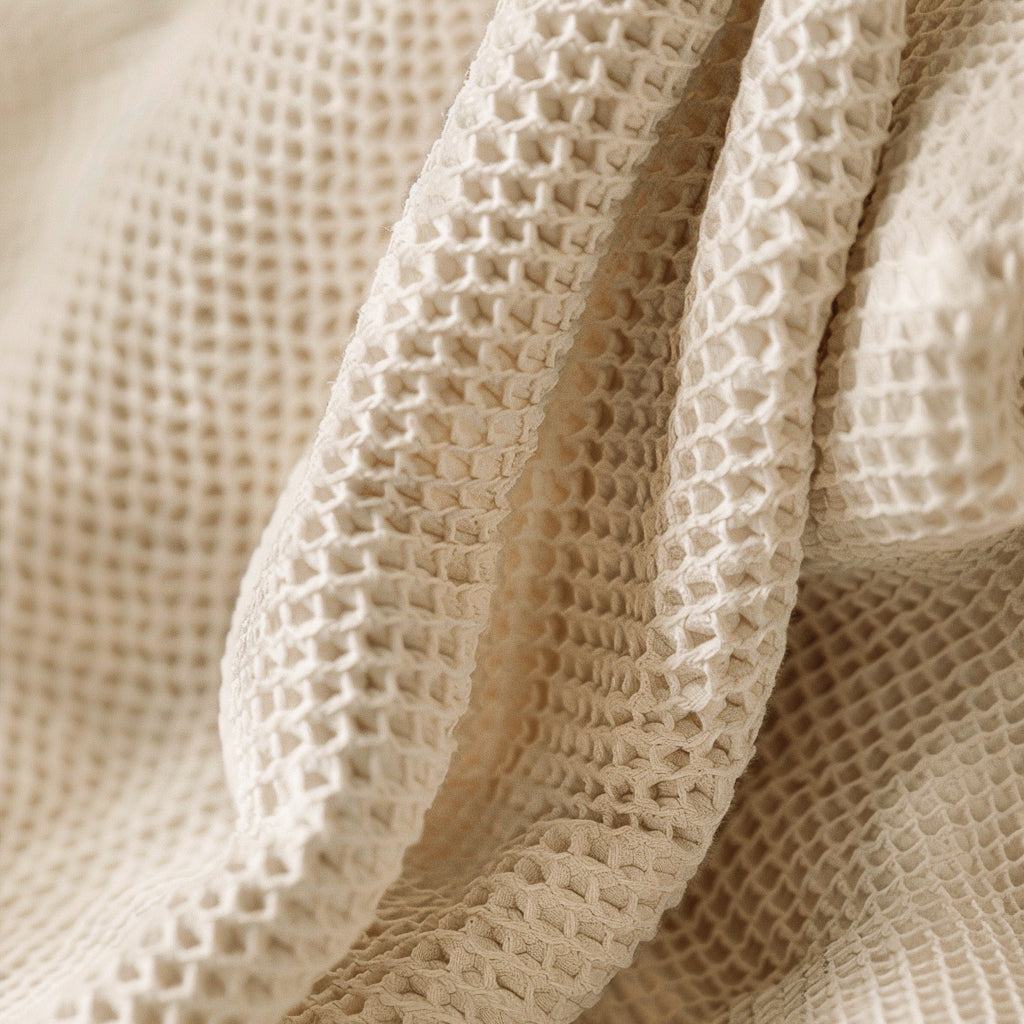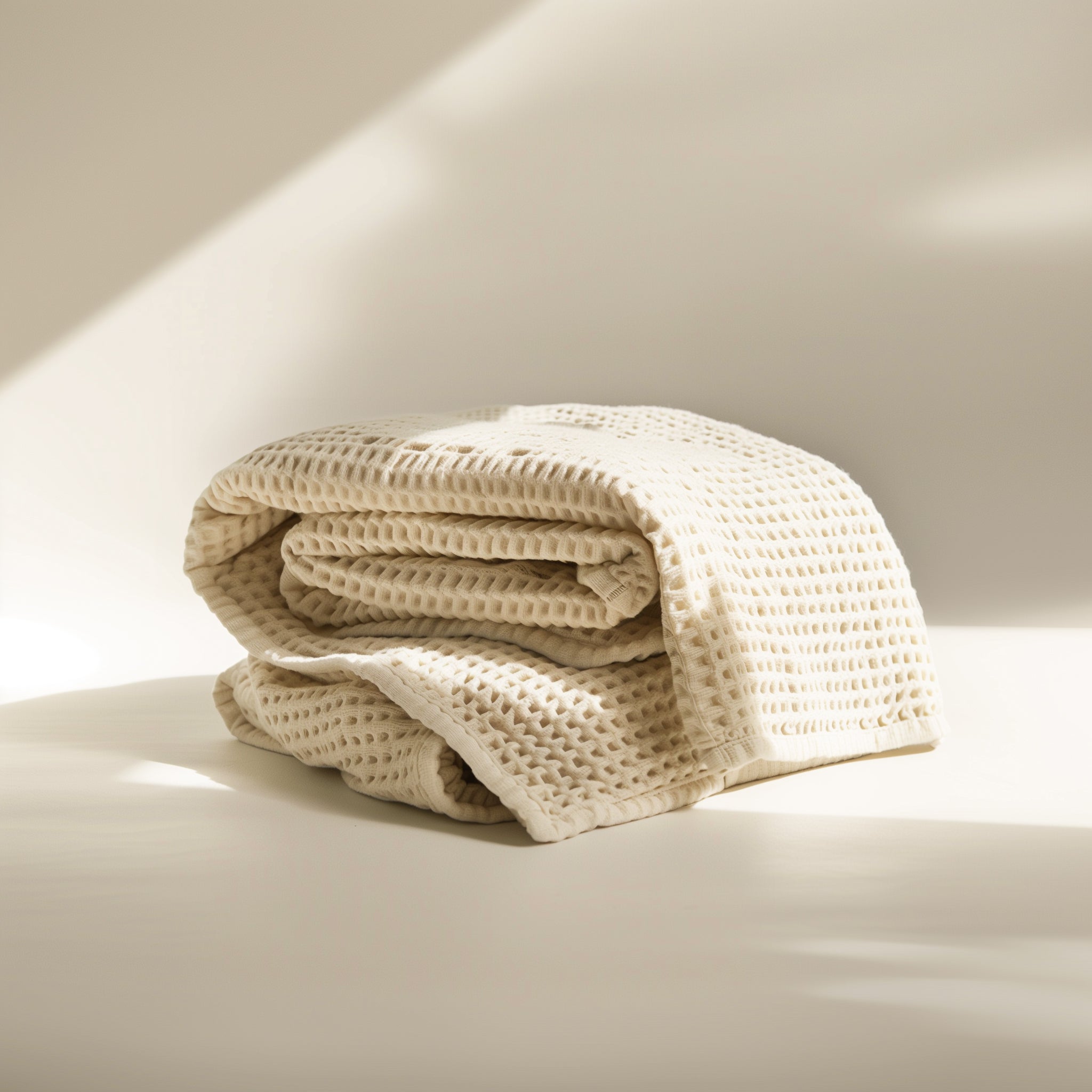The Risks of Synthetic Fibers
In our modern world, synthetic fibers are everywhere—from the clothes we wear to the bedding we sleep in. While these man-made materials offer undeniable convenience, recent research raises concerning questions about their impact on human health and the environment.
Synthetic fibers like polyester, nylon, and acrylic are produced from plastic-based polymers. During production and everyday use, these fabrics can shed tiny plastic particles known as microfibers or microplastics. Because they're so small, these microplastics easily slip through water treatment systems into our lakes, rivers, and oceans. Studies have found staggering amounts already present in marine life, posing risks to sensitive ecosystems.
Beyond the environmental toll, many synthetic fabrics contain potentially harmful chemical finishes. Textiles are often treated with formaldehyde resins to prevent wrinkling or perfluorinated compounds (PFCs) for water and stain resistance. These toxic coatings can lead to skin irritation and may disrupt hormone function when absorbed through the skin or inhaled.
Microplastic Pollution: A Growing Crisis
As consumers, it's all too easy to feel disconnected from environmental crises when they seem far away or invisible to the naked eye. But the increasing presence of microplastic pollution may be closer than you realize.
Polyester, nylon, and acrylic textiles have collectively become a major source of microplastic pollution as they slowly fragment into tiny particles with each wash cycle.
With trillions of invisible microplastics already contaminating global waters, these insidious fibers pose risks throughout the entire food chain.
Natural Fiber Alternatives: Soft, Sustainable Solutions
Thankfully, nature offers us luxurious alternatives to harsh synthetic fibers that are gentle on our bodies and the earth. Plant-based textiles like organic cotton, linen, bamboo, and hemp deliver breathable comfort without relying on plastic polymers or toxic chemical treatments. Because these natural fibers originate from living plants, they are biodegradable and renewable—a stark contrast to their synthetic counterparts.
One key advantage of natural fibers is their minimal ecological impact. Organic farming methods significantly reduce water usage and eliminate the need for hazardous pesticides and fertilizers. The organic cotton industry has pioneered best practices to massively lower chemical runoff into waterways and soil contamination compared to conventional cotton farming. Many organic fibers also require far less water and energy to produce than synthetics.
From silky smooth sheets to supremely plush towels and robes, natural organic textiles offer incredible softness and versatility for every home. And as we'll explore shortly, the benefits for your personal health and sleep quality are equally compelling.
Detoxing Your Bedroom: A Guide to Healthy Sleep Surroundings
If you're concerned about chemical exposure from synthetic fibers, your bedroom is an ideal place to start transitioning to safer, more sustainable materials.
Personally, switching to organic cotton sheets and a down-alternative comforter made all the difference for my allergies and overall health.
Here are some simple tips for identifying potentially harmful bedding components and creating a healthier sleep sanctuary:
- Look for GOTS (Global Organic Textile Standard) certification to ensure no toxic dyes or finishes
- Avoid synthetic fiber fills like polyester batting that can off-gas chemicals
- Select breathable natural textiles like organic cotton, wool, bamboo, or down
- Skip foam mattresses and pillows, which often contain flame retardants
- Use mattress protectors made from food-grade polymers, not vinyl/PVC
- Finish with natural fiber area rugs, wood furniture, and air-purifying houseplants
Swapping conventional bedding for quality organic options allows your body to fully relax and reset each night, free from unnecessary chemical exposure or respiratory irritants. Many customers also report improved sleep quality thanks to natural fiber's enhanced breathability and temperature regulation.
If you're planning a complete bedroom detox, browse our selection of GOTS-certified organic cotton bedding and hypoallergenic down-alternative comforters at organic favorite. Building a non-toxic sleep oasis doesn't have to mean sacrificing comfort or modern style.
Sustainable Fashion: Dressing for a Greener Tomorrow
Beyond the bedroom, taking a closer look at your clothing can reveal synthetic fibers' true environmental toll. Conventional polyester (derived from plastic) is infamous for its inability to biodegrade, essentially lasting forever in landfills or oceans once discarded. Its production is also highly water- and energy-intensive compared to natural fibers.
Additionally, many commercial clothing manufacturers rely on hazardous chemicals and dyes that can contaminate local waterways or endanger workers involved in production. Low-quality fast fashion accelerates this cycle of waste, with garments quickly ending up in landfills after minimal use.
In contrast, sustainable fashion brands prioritize ethically sourced natural textiles and responsible manufacturing practices. Look for use of plant-based materials like organic cotton, linen, and Tencel (made from wood pulp) paired with low-impact dyes and facilities with proper wastewater treatment. The most eco-friendly clothing utilizes closed-loop production with minimal waste and plastic-free packaging.
When washed, natural fibers shed far less microplastic pollution than synthetics—and they fully biodegrade at the end of their life cycle. Buying fewer quality garments made to last and opting for sustainable, secondhand, or rental options over fast fashion can dramatically lower your closet's environmental footprint.
While synthetic fibers still dominate mainstream retail, conscious consumers are voting with their dollars. With a growing number of eco-minded options across every budget and style preference, it's becoming easier to build a more sustainable wardrobe through small, intentional choices.
Healthier Homes Start Here: Choosing Natural Home Goods
Your journey to a lower-impact lifestyle extends well beyond the closet. Thoughtfully replacing household linens, decor accents, and even cleaning products can make your entire home safer and greener. Here are some simple swaps to explore:
Towels and Bath Linens Avoid synthetic microfiber towels and choose organic cotton, linen, or bamboo alternatives. These plant-based fibers are super absorbent yet dry quickly to prevent musty odors or mildew growth.
Accent Rugs and Decor Skip plastic-based materials (such as polyester area rugs) in favor of natural jute, cotton, or wool floor coverings. Source artisan-made baskets, throws, and pillows crafted from renewable textiles.
Indoor Plants Liven up any space with vibrant houseplants that naturally purify indoor air by absorbing chemicals like benzene and formaldehyde.
Natural Cleaning Products Switch to eco-friendly cleaning concentrates without harsh chemicals. Look for plant-based formulas made by sustainable brands.
To make detoxing your home more affordable, try DIY upcycling projects for existing decor instead of buying new. Repurposing secondhand finds into unique creations is rewarding and keeps unnecessary plastics and synthetics out of landfills.
We're constantly expanding our organic home goods selection to provide one-stop shopping for transforming your space into a healthy, eco-friendly oasis. Transform your living areas into a personal sanctuary as gentle on the earth as it is on your family.

Conclusion: Embracing Mindful Materials for Personal and Planetary Wellness
In our modern lives, it's easy to feel overwhelmed by the constant stream of environmental threats and unknown toxins we encounter on a daily basis. But every small, consistent choice we make to reduce plastic waste and avoid dangerous chemicals makes a tangible difference for our personal wellbeing and the planet's future.
We created organic favorite to educate and empower conscious consumers through transparency and high-quality organic essentials. Whether switching to organic cotton bedding or exploring new sustainable clothing brands, we invite you to join our community in celebrating the softer side of sustainable living.
There's profound comfort in the simple daily luxuries that nurture us without harming our environment. Feeling the gentle, breathable embrace of a premium organic comforter or wrapping yourself in a plush organic robe shouldn't come at the cost of polluting waterways or compromising personal health.
We're continually innovating with new offerings to make an organic lifestyle more accessible. But we take equal pride in serving as a trusted educational resource for families navigating the transition. Because in the end, purchasing a single organic product catalyzes a mindset shift toward mindful consumption. Each purposeful swap inspires the next, collectively steering our society toward long-term solutions.
At organic favorite, we're committed to that vision for a greener tomorrow—one soft, sustainable step at a time.


